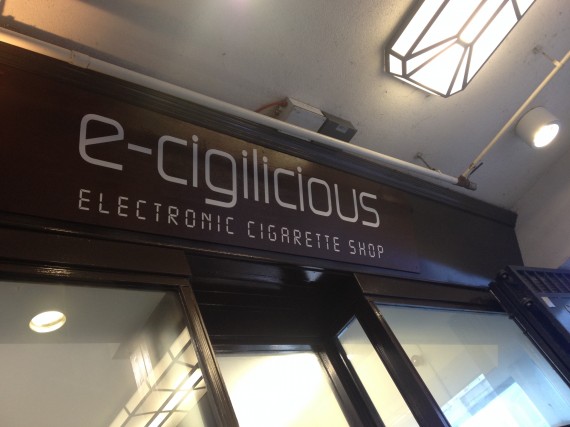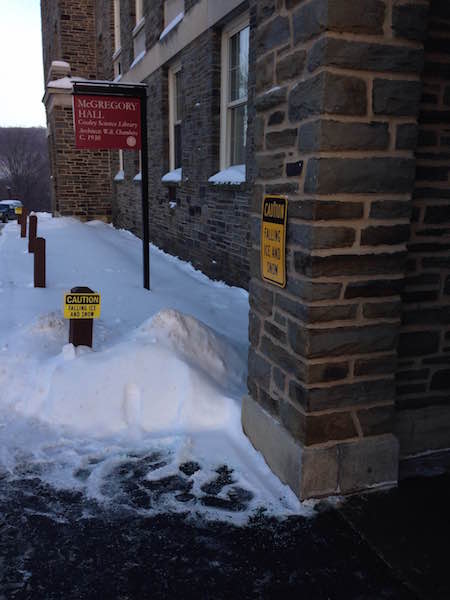Week 2 Prompt: Cigarettes
Cigarette use is on the decline in the United States. According to the National Center for Health Statistics, 24.7% of American adults identified as smokers in 1997. That number fell to 18% in 2012. But Americans account for only a small minority of smokers throughout the world — and on the whole, demand for cigarettes is booming. According to The Tobacco Atlas, people living in the Americas consume just 11% of the world’s cigarettes, with Europe at 24%, and Asia and Australia together accounting for 48%. Put another way: if the average American smokes 3 cigarettes each day, the average Russian smokes 8. This week, pay attention to cigarettes, cigars, pipes, and other forms tobacco. Is smoking common? Where do people smoke? Is it allowed inside cafes? Is it considered “good manners” to smoke outside and “bad manners” to smoke indoors? Do women smoke? Is smoking a guilty pleasure or a source of power and pride? Take a picture of an ashtray or a place where people commonly gather to smoke.
Ryan Hildebrandt ’17, Psychology & Japanese
Legally: Yes. But not really, unless you want to be that guy, which you don’t.
Smoking in Japan is, like many things, governed more by social convention than law. In Japan, there is no national ban on smoking in any location, any time, although some bans have become more popular in recent years in certain prefectures and metropolitan areas. Cigarette smoking is still allowed and not necessarily looked down upon in the vast majority of Japan, and any restrictions on smoking are much more based in consideration for those around you rather than the law. Although this might be just as much due to the presence in many train stations, public parks, and outside convenience stores of designated and often fully enclosed smoking areas or boxes. These boxes are an especially common sight on the streets of Kyoto, where smoking bans and restrictions have made more legal progress than many other municipalities in Japan. That being said, there is still a large chunk of the smoking population that lights just about anywhere in public, most often walking to and from work on the main streets of Kyoto. So people are encouraged, not so much by the government as a more general sensibility and awareness of the fact that you are one person in a city of millions, to refrain from smoking in inconvenient locations.
The biggest exception to this rule comes when the sun sinks and the lights of restaurants and bars step out for a night of good business. Kyoto in particular, has a good number of Izakaya (half bar, half restaurant, all delicious and fattening), where businessmen, college students, and all those who find themselves hungry can and do gather for some bonding over food and beer. In many izakaya, smoking is quite common. Many izakaya and bars don’t regulate smoking, and it is much more acceptable to smoke in a bar or izakaya because of the casual and laid back atmosphere that often defines these establishments. So if the table next to yours in the izakaya is smoking, it’s probably best to ignore it (they’re usually pretty well ventilated anyway) and enjoy your pub-grub a la Japan.
Jerod Gibson-Faber ’17, History
Cigarettes are an interesting topic to think about. My generation grew up learning about tobacco differently than my parents generation – and things are still changing. As a result of increased knowledge over the years that tobacco usage can be a serious health risk, the ways I’ve interacted with cigarettes have been pretty negative. I participated in programs in school that were heavily anti-smoking (and drugs) and I continually see ads not only on the television but in magazines and through other mediums that warn of the dangers of smoking. Something else about cigarettes that I’ve known about is their addictive nature. Again, through commercials and things in media, I know there are people who are addicted and need medicinal or other help to stop smoking.
Now I haven’t watched too much television here in London, but I have yet to see any sort of advertisement anywhere that deals with the harm of smoking. I have, however, seen plenty of people outside (such as the one of the guys who works at Subway near the flats) on a smoke-break. I grew up learning that people smoke because they are addicted and I should never do it – for fear of becoming addicted too! I never really heard about the people who smoke out of habit, but I think there are plenty of the latter. I think this is evident with the introduction and creation of e-cigarettes. Now I don’t know too much about them, but I have heard they are quite safer. People had a habit and wanted it to be safer.
Katrina Bennett ’16, Neuroscience
Smoking in South Africa is probably less prevalent than it is in the United States. I really have been on the lookout for tobacco products and tobacco smokers during this past week and have been able to spot very few. On an evening out I came across a hookah bar, the bus driver that transported me throughout my tour would grab a cigarette on rest stops and I spotted a student ducking out of a restaurant to smoke a cigarette. These, in all honesty, are the only instances that I have noticed tobacco in South Africa.
I expected to notice more smoking when I was out in the evenings as people walk out of clubs, or during the days as people walk down the streets but I definitely have not. Here, smoking seems like a fairly rare action that is not done by any one group and is also not done inside anywhere. Smoking cigarettes seems to be done in normal open spaces and not in large groups, making it not stand out in the slightest. The student I noticed ducking out to smoke at a restaurant went to this beautiful balcony attached to the restaurant where I was dining and got a great view of Cape Town while smoking. Maybe more people here should pick up smoking so that they have an excuse to step outside more often and admire the beautiful sights.
Peter Tschirhart, Assistant Dean for Undergraduate Scholars Programs






